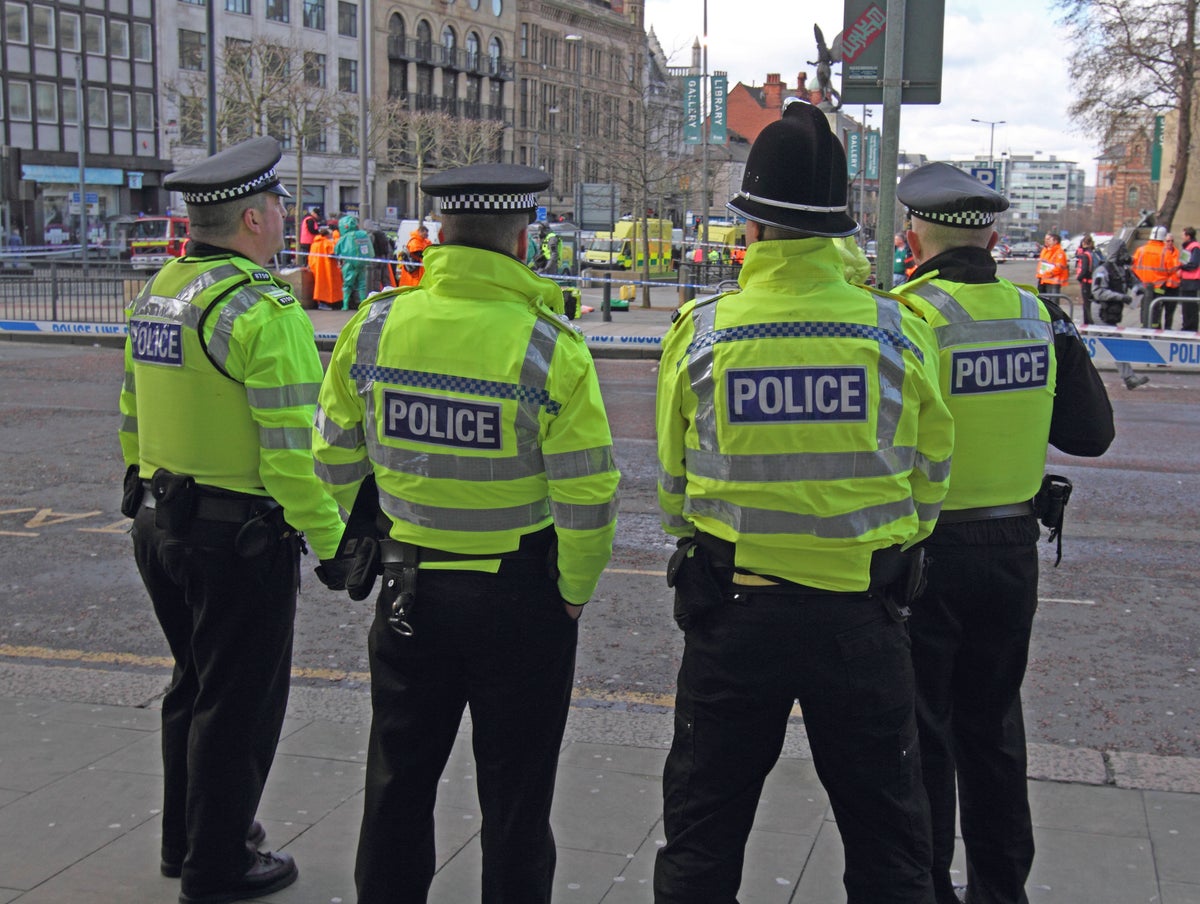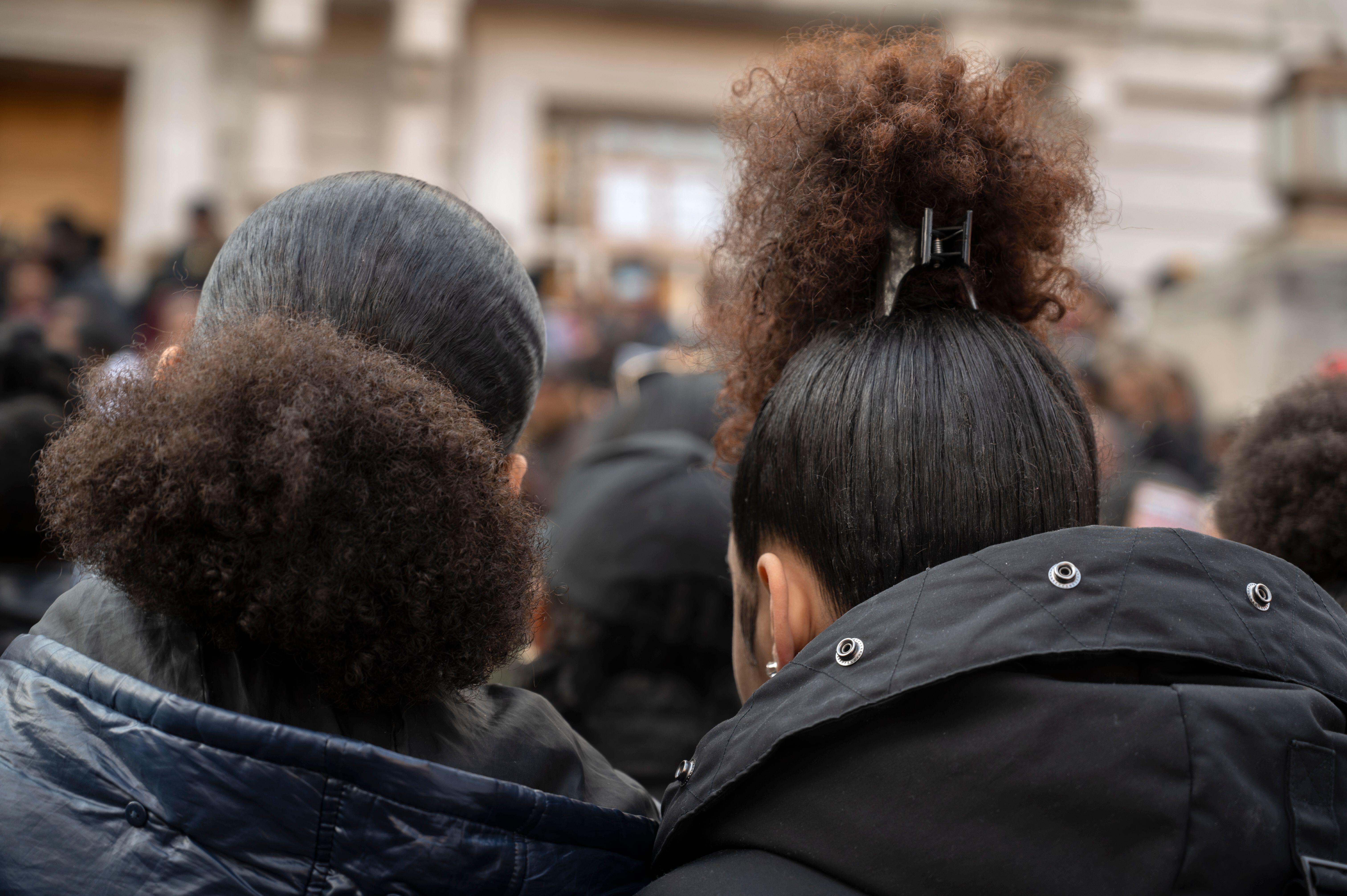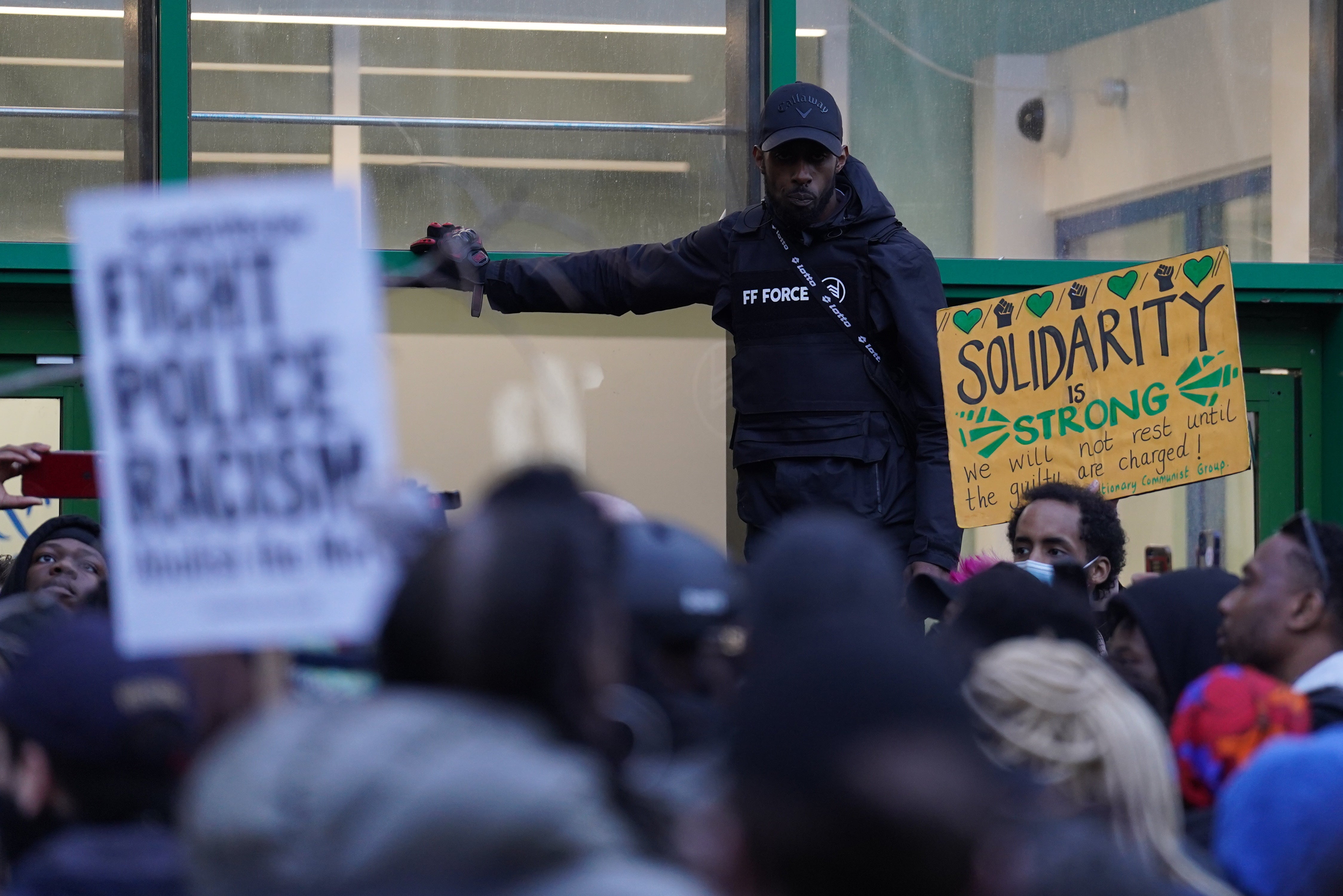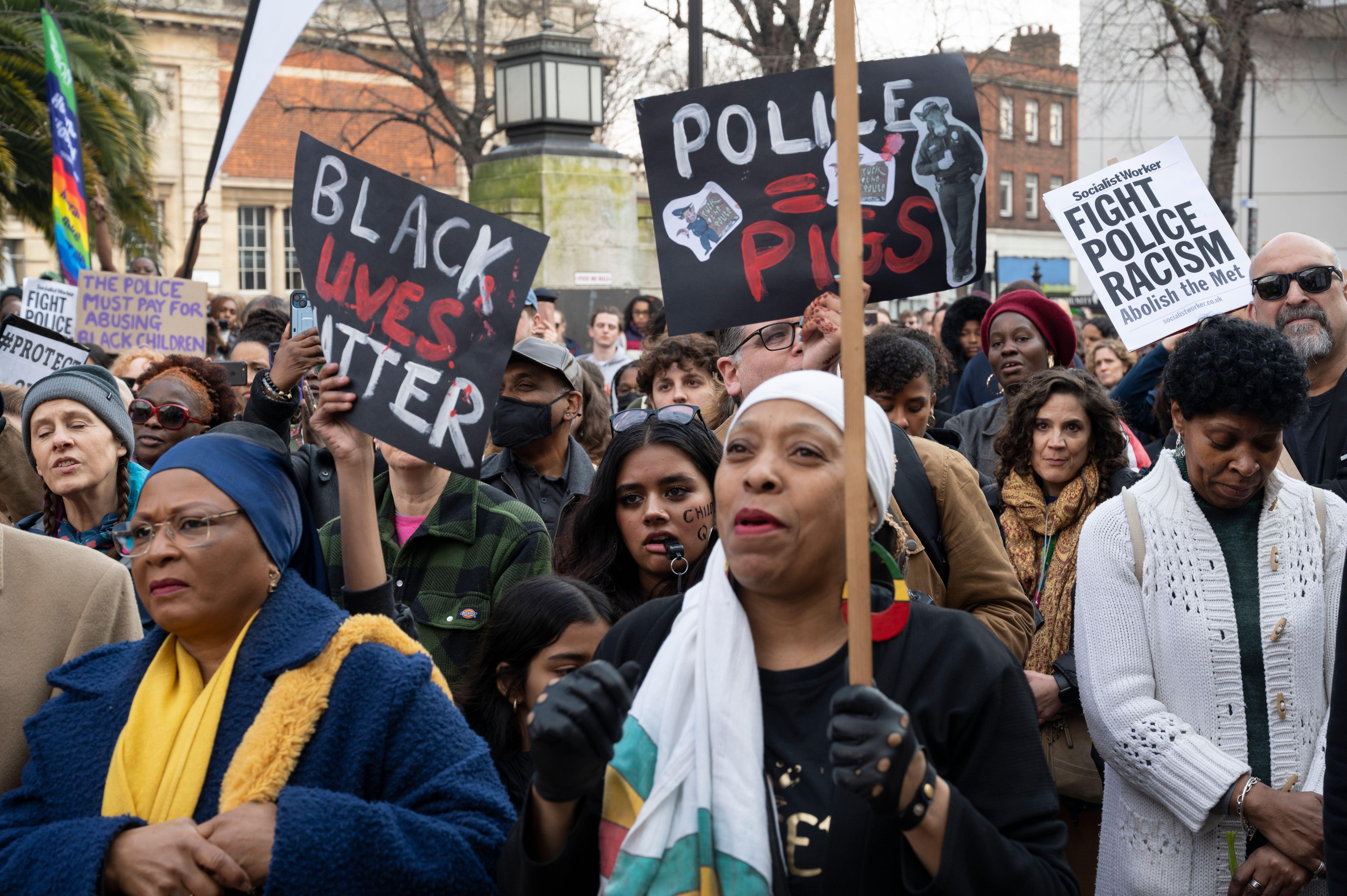
A leading human rights charity has called for the Metropolitan Police’s powers to be “rolled back” in response to the vast number of children who have been strip-searched by officers without an adult present.
It comes as data obtained from Scotland Yard by the Children’s Commissioner showed some 650 children aged 10 to 17 were strip-searched by Met officers between 2018 and 2020. Of this number, 58 per cent were described by the officer as being Black, and more than 95 per cent were boys.
Children’s Commissioner Dame Rachel de Souza sought the figures after the Child Q scandal came to light in March, which saw a 15-year-old schoolgirl, who was on her period, strip-searched by police in 2020 after she was wrongly suspected of carrying cannabis at school.
Jodie Beck, policy and campaigns officer at the charity Liberty, said: “All children deserve to live their lives free from harassment, discrimination and abuse. But these appalling figures show that hundreds of children a year are being subject to traumatic and invasive strip searches.
“This data shows that Black children are disproportionately impacted by these dehumanising tactics. As horrifying as this is, it’s not surprising: time and time again, the evidence shows that racism runs through British policing, with communities of colour at the sharp end of discriminatory and violent practices.
“The only way to ensure our communities are safe from these abuses of power is to roll back the powers of the police, including ending the use of strip search.”

Mandu Reid, leader of the Women’s Equality Party, also called for change, saying: “Make no mistake, at the heart of this is abuse of power - enabled by the rotten culture within the Met. Only a complete overhaul will sort this out.”
London mayor Sadiq Khan also expressed concern about the worrying upward trend in the invasive tactic.
The Independent Scrutiny and Oversight Board (ISOB), the panel tasked with providing external scrutiny of the national Police Race Action Plan, said it was “horrified” by the data, adding that it demonstrates that Child Q was not an isolated incident but part of “broader systemic issues” within the Met.
“The welfare and wellbeing of the Black children the police come into contact with must be centred. Without doing so, trust in the police from our communities will continue to erode,” a spokesperson told The Independent.
“We hope that the Metropolitan Police demonstrates its commitment to the anti-racist goals of the Police Race Action Plan by reviewing its use of powers in this area. If strip search is to be used, it should only ever be as a last resort, with extensive safeguards in place.”
The End Strip Search coalition - a grassroots movement which includes organisations No More Exclusions, 4FRONT, Unjust UK and Kids of Colour - are campaigning to end the “violent” policing practice.
“We must not be complicit and let state-sanctioned sexual abuse fade into obscurity in the public eye while children continue to be sexually assaulted,” a spokesperson told The Independent. “We must end this practice altogether, not decorate it with new protocols, guidance or training. When the law permits police to sexually assault children every day, it’s time to change the law to #EndStripSearch.”

Anna Edmundson, NSPCC Head of Policy & Public Affairs said the problem “won’t be limited to one police force in one part of the country” and called for “clarity” around policing in schools.
“This data and the case of Child Q also show that underlying issues of adultification of children and racism are affecting police searches of children,” Ms Edmundson said.
“It’s vital policing leaders and government commit to eliminating racism, discrimination and bias from policing to prevent further harm to children.”
Dr Halima Begum, chief executive of racial inequalities charity the Runnymede Trust, said “traumatic” encounters with the police where children are criminalised or treated as adults would have an “unforgivable” impact on their psychological wellbeing.
The number of strip searches on children increased each year, with 18 per cent carried out in 2018, 36 per cent in 2019 and 46 per cent in 2020, the figures obtained by the Children’s Commissioner show.
In almost a quarter (23 per cent) of cases, strip searches took place without an “appropriate adult” present.
This is required by law, except in cases of “urgency”, and usually is a parent or guardian, but can also be a social worker, carer or a volunteer. Two-thirds of those cases (70 per cent) involved Black boys.
Speaking to The Independent, the Independent Office for Police Conduct doubled down on its concerns about the Met Police’s use of strip searches on children.

It comes after the watchdog made recommendations to the force last week to ensure officers were following best practice and policy and that any searches are conducted in the presence of an appropriate adult unless there is a valid reason not to do so.
Mark Rowley is set to begin his tenure as the Met’s new Commissioner on Monday 12 September.
On the new strip search data, the Met Police said it is working to balance the policing need for this type of search “with the considerable impact it can have on young people.”
A spokesperson said: “More widely we have reviewed the policy for ‘further searches’ for those aged under 18. This is to assure ourselves the policy is appropriate and also that it recognises the fact a child in these circumstances may well be a vulnerable victim of exploitation by others involved in gangs, County Lines and drug dealing.”
However, the Black Equity Organisation, the UK’s new national Black British civil rights organisation, said the police’s “unfortunate” response to the matter “reinforces racial stereotypes by making it about County Lines and drug-dealing”
“As a community, we deserve policing that respects us as individuals, protects our children and is transparent about its processes and decisions that will help to build trust,” a spokesperson said.







